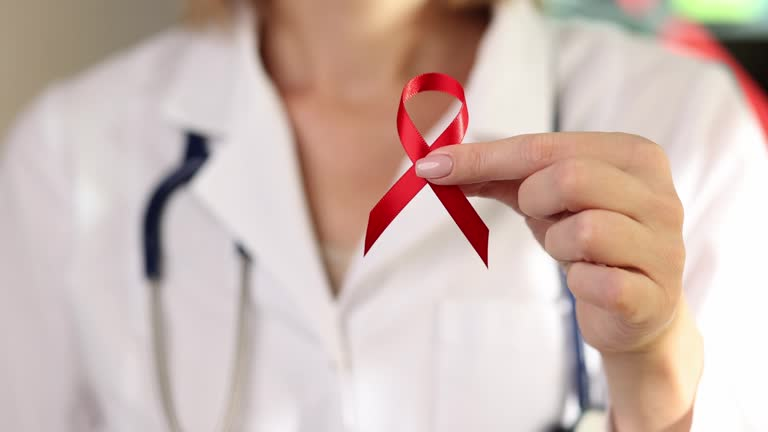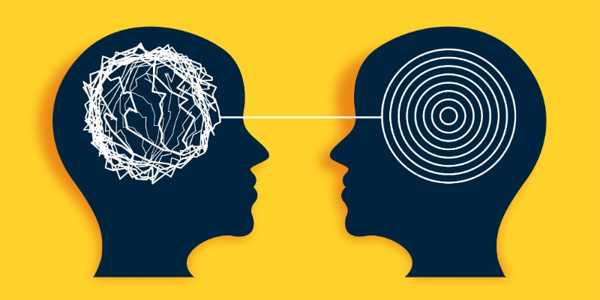The World’s Greatest Places of 2024 – Your Dream Destinations!
Best Budget Airlines in the US: Affordable Travel Options
The Best Kitchen Tiles in 2024: Brands, Types and Prices
12 Best IKEA Kitchen Products to Upgrade Your Space
Revealing the Mysteries: Spirituality Vs Religion Which Path is Yours?
Brainwaves: Is The Subconscious Mind Receptive Under Lambda Waves?
Must-Have Gadgets to Make Elementary School Easier
Screen-Free Parenting: Effective Ways to Limit Screen Time and Foster Healthy Habits
Early Warning Signs and Symptoms of HIV Infection: What You Should Know
HIV (Human Immunodeficiency Virus) is a virus that weakens the immune system and can eventually lead to AIDS (Acquired Immune Deficiency Syndrome). Understanding the early signs of HIV is crucial for timely diagnosis and treatment. This article explores the common early symptoms of HIV and emphasizes the importance of getting tested.
HIV (Human Immunodeficiency Virus) is a virus that weakens the immune system and can eventually lead to AIDS (Acquired Immune Deficiency Syndrome). Understanding the early signs of HIV is crucial for timely diagnosis and treatment. This article explores the common early symptoms of HIV and emphasizes the importance of getting tested.

What is HIV and How Does it Spread?
HIV is transmitted primarily through sexual contact, but it can also spread through shared needles or through contact with HIV-infected blood. Pregnant women with HIV can also pass the virus to their babies during pregnancy or childbirth. While there is no cure for HIV, early treatment can help control the infection and prevent complications.
Early Symptoms of HIV
HIV infection can be divided into several stages, with the early stage often going unnoticed. For many people, the first few weeks after infection are marked by mild, flu-like symptoms that are easy to overlook. These early symptoms may include:
- Fever
- Muscle and joint aches
- Headaches
- Sore throat
- Swollen lymph nodes
- Rash
- Night sweats
- Fatigue
- Mouth sores or ulcers
These symptoms are not exclusive to HIV and can be confused with other viral infections. However, if you have been exposed to HIV, it’s important to seek medical attention and get tested as soon as possible.
What to Do if You Suspect You Have HIV
If you have had unprotected sex or been exposed to HIV in another way, it’s essential to get tested, even if you do not have symptoms. Early testing can help identify the virus before it progresses, and starting treatment early is key to managing the infection.
HIV testing is the only way to know for sure if you are infected. If you test positive, your doctor can discuss treatment options to help control the virus and improve your quality of life.
Treatment for HIV
There is currently no cure for HIV, but with the right treatment, people with HIV can live long and healthy lives. Antiretroviral therapy (ART) is the standard treatment for HIV and involves taking a combination of medications to stop the virus from replicating. ART helps manage the infection, strengthens the immune system, and reduces the risk of transmitting the virus to others.
Your healthcare provider will tailor your treatment plan to meet your specific needs and medical history.
Conclusion
Although HIV is a lifelong condition, with early detection and proper treatment, it is possible to manage the virus and lead a healthy life. Stay vigilant and get tested if you think you may have been exposed. Early treatment is key to preventing complications and living well with HIV.












